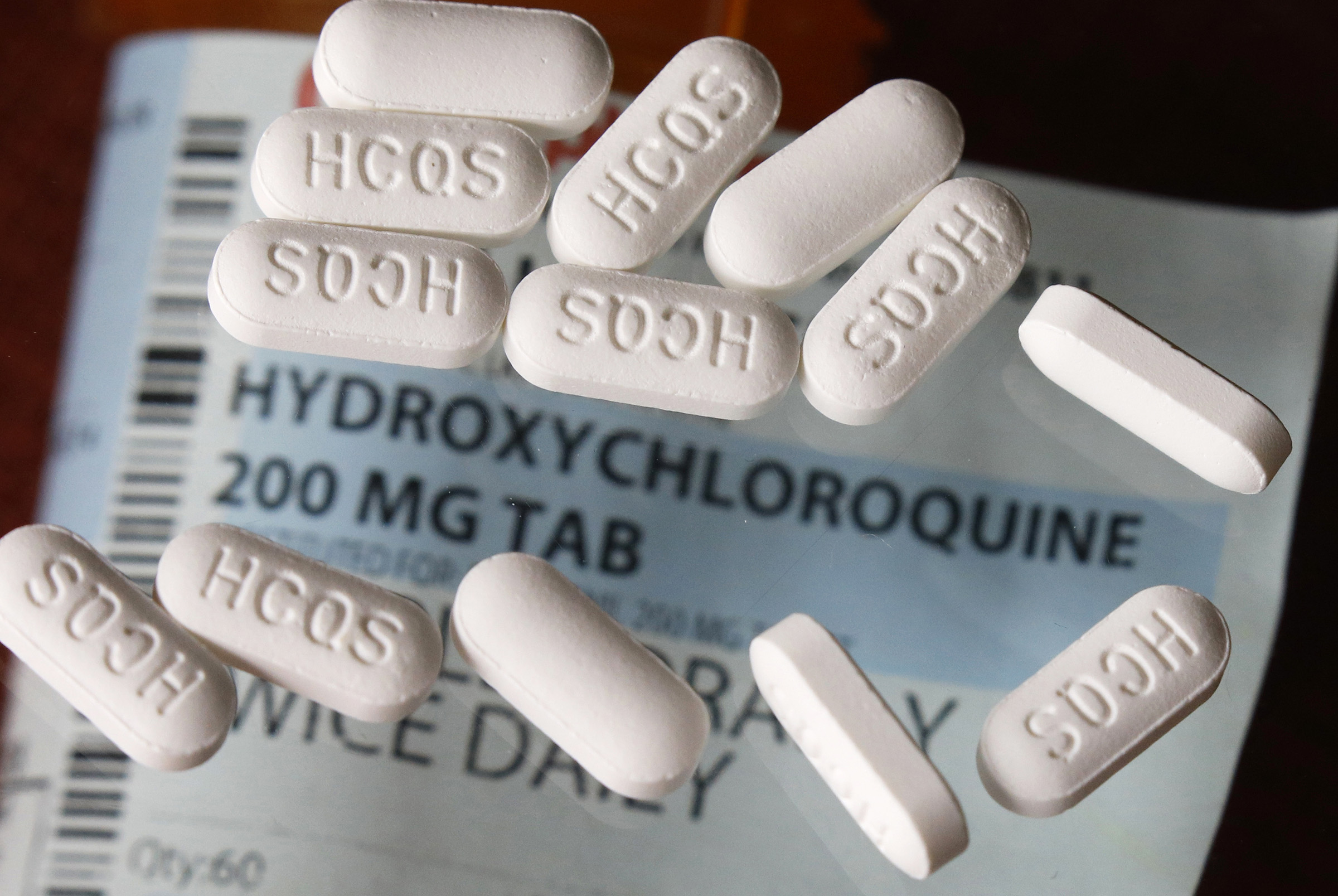
On April 24, the U.S. Food and Drug Administration (FDA) issued a MedWatch Safety Alert about the use of hydroxychloroquine or chloroquine for treating COVID-19.
After preliminary studies hinted that hydroxychloroquine may help some patients with severe COVID-19 symptoms to improve, the FDA issued an emergency use authorization (EUA) to allow doctors to use the drug on hospitalized patients whose symptoms are not improving. Several studies were also launched to study its effects as a COVID-19 treatment.
However, hydroxychloroquine can have negative effects on the heart, contributing to abnormal heart rhythms that can be life-threatening. For those with existing heart problems, the dangers could be even greater, especially if the drug is combined with the antibiotic azithromycin, as some researchers treating COVID-19 patients have done. The American Heart Association, the American College of Cardiology and the Heart Rhythm Society jointly published cautionary guidelines recommending that doctors stop using hydroxychloroquine on patients at any sign of heart trouble.
The drugs are approved for treating malaria, and in the case of hydroxychloroquine, also for treating autoimmune disorders like rheumatoid arthritis and lupus. (In the U.S., hydroxychloroquine is more common since the malaria parasite is largely resistant to chloroquine.) For people taking the drug for an autoimmune disorder, their doctors monitor for signs of adverse heart events and can adjust dosage as needed.
The FDA’s safety alert doesn’t say those patients should stop taking the drugs they need, but instead warns general consumers to “not buy these medicines from online pharmacies without a prescription from your health care professional.” The alert stresses that hydroxychloroquine and chloroquine “should be used for COVID-19 only where patients can be appropriately monitored in the hospital as required by the EUA or are enrolled in a clinical trial with appropriate screening and monitoring.”
The FDA says that neither drug has been proven safe and effective in treating COVID-19. In fact, a study published on April 23 involving 368 COVID-19 patients at U.S. Veterans Health Administration hospitals found that taking hydroxychloroquine alone, or in combination with azithromycin, did not reduce the need for a ventilator compared to those not taking the drugs. Further, people taking hydroxychloroquine alone had a higher risk of dying during the study than those not taking the drug. Researchers in China came to a similar conclusion in a study of 150 COVID-19 patients randomly assigned to receive hydroxychloroquine or the current standard of care: after a month, both groups had similar symptom profiles, and showed similar levels of the virus, suggesting that the drug wasn’t clearing the COVID-19 virus in a significant way.
The National Institutes of Health is conducting an ongoing study of hydroxychloroquine among hospitalized patients, as is Novartis, whose Sandoz division makes a generic version of the drug.
More Must-Reads from TIME
- Cybersecurity Experts Are Sounding the Alarm on DOGE
- Meet the 2025 Women of the Year
- The Harsh Truth About Disability Inclusion
- Why Do More Young Adults Have Cancer?
- Colman Domingo Leads With Radical Love
- How to Get Better at Doing Things Alone
- Michelle Zauner Stares Down the Darkness
Contact us at letters@time.com